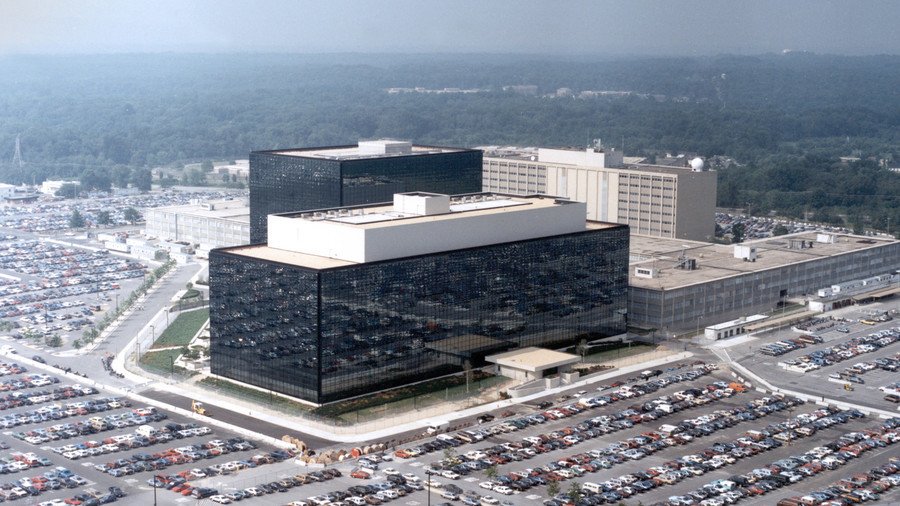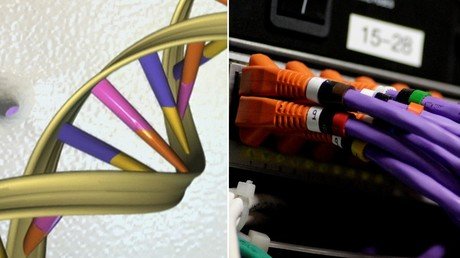NSA moves top secret data to cloud developed by Amazon

The US National Security Agency is “systematically moving” all its data to a cloud-computing service, the chief information officer has said. In 2017 alone the agency tripled collection of data through US telecom companies.
The cloud – designed to harvest and store all sorts of NSA-relevant data, including foreign surveillance and intelligence information around the world – offers easy access to the data to “connect dots,” Greg Smithberger told NextGov.
Centrally funded by the NSA, all data stored in this cloud will be available to all of the 16 other agencies.
“Right now, almost all NSA’s mission is being done in [IC GovCloud], and the productivity gains and the speed at which our analysts are able to put together insights and work higher-level problems has been really amazing,” said Smithberger.
The Intelligence Community GovCloud was created by Jeff Bezos’s Amazon, after the corporate giant landed with $600 million contract to develop a commercial cloud service to the US intelligence community four years ago.
After all of the NSA’s data resources have been “systematically” moved into this “big data-fusion environment,” the agency expects that “connecting dots” and analyzing information will be quicker and much easier.
According to NextGov, the software platform will not only be used to harvest all of the signal’s intelligence, but also to apply special AI techniques in order to analyze human behavior and preferences. The goal of this mission, Smithberger told NextGov, is to provide AI with sufficient insight to predict and to match human expectations, but also to enable “the machines to do it for them.”
Smithberger said that the created data cloud was so sophisticated that it allowed analysts to “interactively ask questions” to receive all the necessary information from the data environment in a “humanly readable form.”
While the hardware used to operate this cloud is the same one used by such giants as Facebook and Amazon, the NSA computing cloud boasts unique and avant-garde high computing technology.
The NSA has been collecting data since the attacks of September 11, 2001 to hunt for terrorists and anyone who could potentially be associated with it. The existence of the program was revealed via the leaks by the ex-intelligence analyst, Edward Snowden in 2013. Disclosed information showed that telecommunications companies turned records of phone calls and text messages over to intelligence. The amount of harvested data has been growing since then.
According to declassified documents in the years between 2008 and 2011 the surveillance agency harvested as many as 56,000 emails sent by American citizens.
A recent report, issued by the Office of the Director of National Intelligence, said Intelligence analysts of the National Security Agency used American telecommunications providers to harvest more than 534 million records of phone calls and text messages in 2017, tripling the data collection since 2016.
This dramatic increase, which was outlined in the annual report, came after US Congress decided to make significant changes in the USA Freedom Act, which overhauled how much information the NSA could harvest, by authorizing the NSA to obtain all records from the phone companies.
The amount of vacuumed information seriously alarmed privacy advocates, who blamed the government for infringing the Fourth Amendment by trying to find a “backdoor search loophole.”
Think your friends would be interested? Share this story!

















